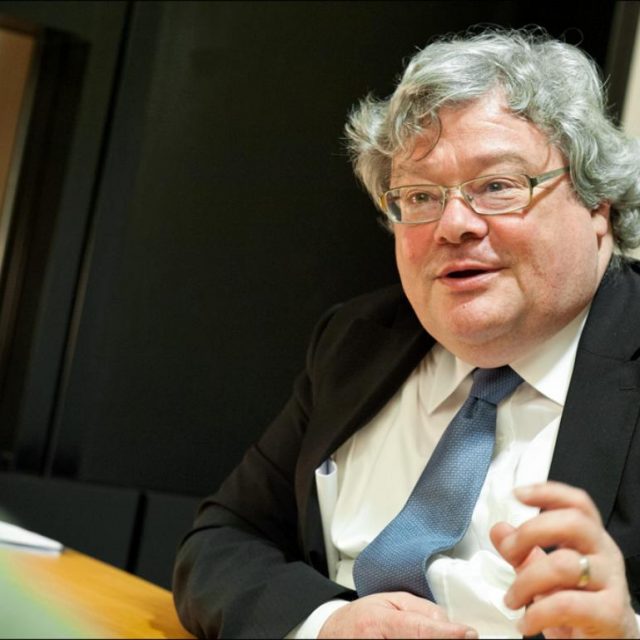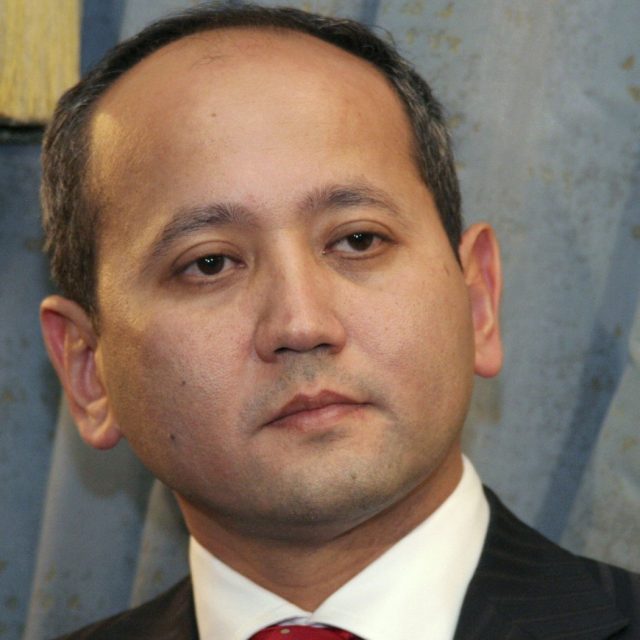Photo by Tulip Sunflower on Unsplash
The recent High-Level Week of the 79th session of the UN General Assembly in New York, attended by leaders from 193 countries, became one of the most significant diplomatic events in 2024. Key global issues discussed included climate change, rising sea levels, poverty and inequality, global health crises, artificial intelligence governance, and resolving international conflicts. A central focus of the agenda was Russia’s invasion of Ukraine, the largest military conflict in Europe since World War II.
Despite the desire for peace, the global community faces obstacles due to China’s diplomatic manoeuvres. As a permanent member of the UN Security Council, Beijing promotes its “peaceful” initiative, but questions arise: Does China genuinely want peace, and how does it envision it?
In 2023, China presented a 12-point plan for resolving the Russia-Ukraine war. It includes a ceasefire, the initiation of negotiations, respect for the sovereignty of all countries, prevention of nuclear weapon use, protection of civilian infrastructure, humanitarian aid, safeguarding civilians and prisoners of war, supporting food exports, rejecting unilateral sanctions, and stabilizing global supply chains. However, the plan has been criticized for its vagueness and lack of clear mechanisms for achieving peace.
The issue is that China does not express a clear stance on the withdrawal of Russian troops from territories occupied since 2014. Support for sovereignty is accompanied by calls to avoid a cold war mentality, which in practice may mean maintaining the status quo favourable to Russia. The point about halting hostilities also raises questions: it is hard to envision how it could be implemented when the parties offer opposing conditions.
China’s growing influence on the world stage has raised concerns among European politicians. Belgian Foreign Minister Hadja Lahbib has repeatedly called for a tougher approach to China due to its increasing influence on European security. Many experts view China’s initiatives as attempts to undermine European unity and advance its interests, especially in the context of China’s economic expansion and its evasive stance on Russia’s war crimes.
Moreover, China insists on ending unilateral sanctions and maintaining supply chain stability, points that benefit China more than they bring the conflict to a close. These measures may lead to prolonging the war and consolidating Russia’s position.
In May 2024, China and Brazil announced six principles for peacefully resolving the conflict in Ukraine, which include a ceasefire, protection of civilians, prevention of weapons of mass destruction use, and stability in international trade. However, the omission of a point regarding the sovereignty of countries based on the UN Charter raises suspicions about China’s desire to promote its national interests rather than a genuine resolution to end the war.
Belgian politicians and experts believe that Europe needs to counter China’s influence more actively to protect its strategic interests. Specifically, Belgian Prime Minister Alexander De Croo acknowledged that Europe has been too complacent regarding China, particularly concerning dependency on Chinese investments in critical infrastructure such as ports. He emphasized that the EU must urgently reassess its positions and reduce this dependency, or it could weaken Europe’s standing on the global stage. Belgian Justice Minister Paul Van Tigchelt also noted the growing threats from Chinese espionage activities in Brussels, where key international organizations such as the EU and NATO are based. He stated that incidents like the Chinagate spy scandal are just the tip of the iceberg and that enhancing coordination and protective measures is essential for ensuring the security of Belgium and all of Europe.
The Chinagate spy scandal in Belgium erupted in late 2023 and was linked to accusations that China actively used its agents to influence political processes and institutions in Brussels. The central figure in the scandal was Frank Creyelman, a member of the right-wing party Vlaams Belang, who reportedly maintained contacts with Chinese agents and was suspected of receiving bribes to promote Chinese interests in Belgian politics. This case sparked public outcry and opened a discussion about the extent of Chinese espionage activities in the country.
China’s diplomatic manoeuvres in promoting a peace plan for Ukraine demonstrate its aim to sidestep Europe on security issues. To prevent the strengthening of Chinese influence and protect its strategic interests, Europe must not only present a united front in support of Ukraine but also reduce its dependency on Chinese investments and influence in strategically important sectors.




